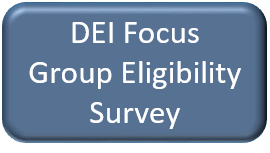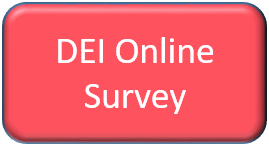While diversity, equity, and inclusion efforts have taken hold across government, business, and the nonprofit sector, it has long been an area of essential concern in rare disease. Getting an accurate understanding of genetic conditions often depends on studying a representative sample of a population.
Nevertheless, there can be cultural, social, and economic barriers that stand in the way of rare disease patient access to genetic testing, participating in research, and contributing data.
“With the national debate around diversity and all of the isms that are happening in the world right now, more people are focused on it. I would hate to say it’s a buzzword, but I do feel in some spaces, that’s exactly what it is,” said Teneasha Washington, RARE-X lead for diversity, equity, and inclusion. “In the rare disease space, it should have always been a focus.”
RARE-X has launched a project to study diversity, equity, and inclusion in rare disease to understand and address these issues and ensure the RARE-X database is diverse and inclusive.
The project, headed by Washington, has begun with an online survey of the rare disease community. People 18 and older living with rare diseases, caregivers of people with rare diseases, healthcare professionals, researchers, teachers, patient advocates, industry representatives, and government agency representatives are invited to complete the brief questionnaire.
“As we set up this data platform, we’re trying to find out what the concerns are around diversity in rare disease,” said Washington. “We realize that for rare disease specifically, it seems to be more affluent, Caucasian individuals who participate. We’re trying to find out why.”
It takes about ten minutes to complete the survey, which asks about eligibility to participate, diversity in rare disease, willingness to participate in the RARE-X database, obstacles to sharing health information, and suggestions for improving the database.
As part of the project, RARE-X will also be conducting virtual focus groups and individual interviews. People over the age of 18 interested in participating in these can complete the eligibility survey online. This is designed to gain deeper insights through a more detailed set of questions about these issues within the rare disease world. The focus groups take about 90 minutes to conduct.
RARE-X expects to complete the research on the project in August and share its findings with the rare disease community in October.
“A lot of people aren’t really familiar with what a rare disease is. That may be hard to believe, but in different cultures and different ethnicities, it’s not really discussed,” said Washington. “That’s going to be one of the things that comes out of the conversation. As more and more people become more educated about rare disease, we will see a shift in demographics.”
Click Button for Focus Group/Individual Interview Eligibility Survey 



